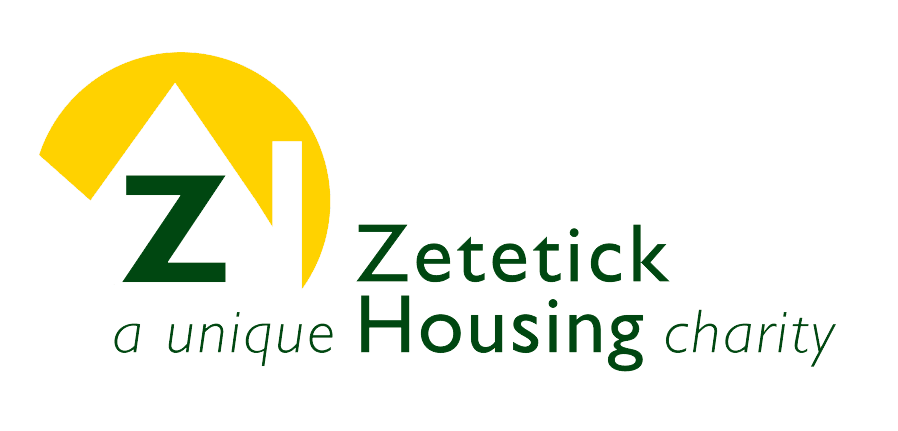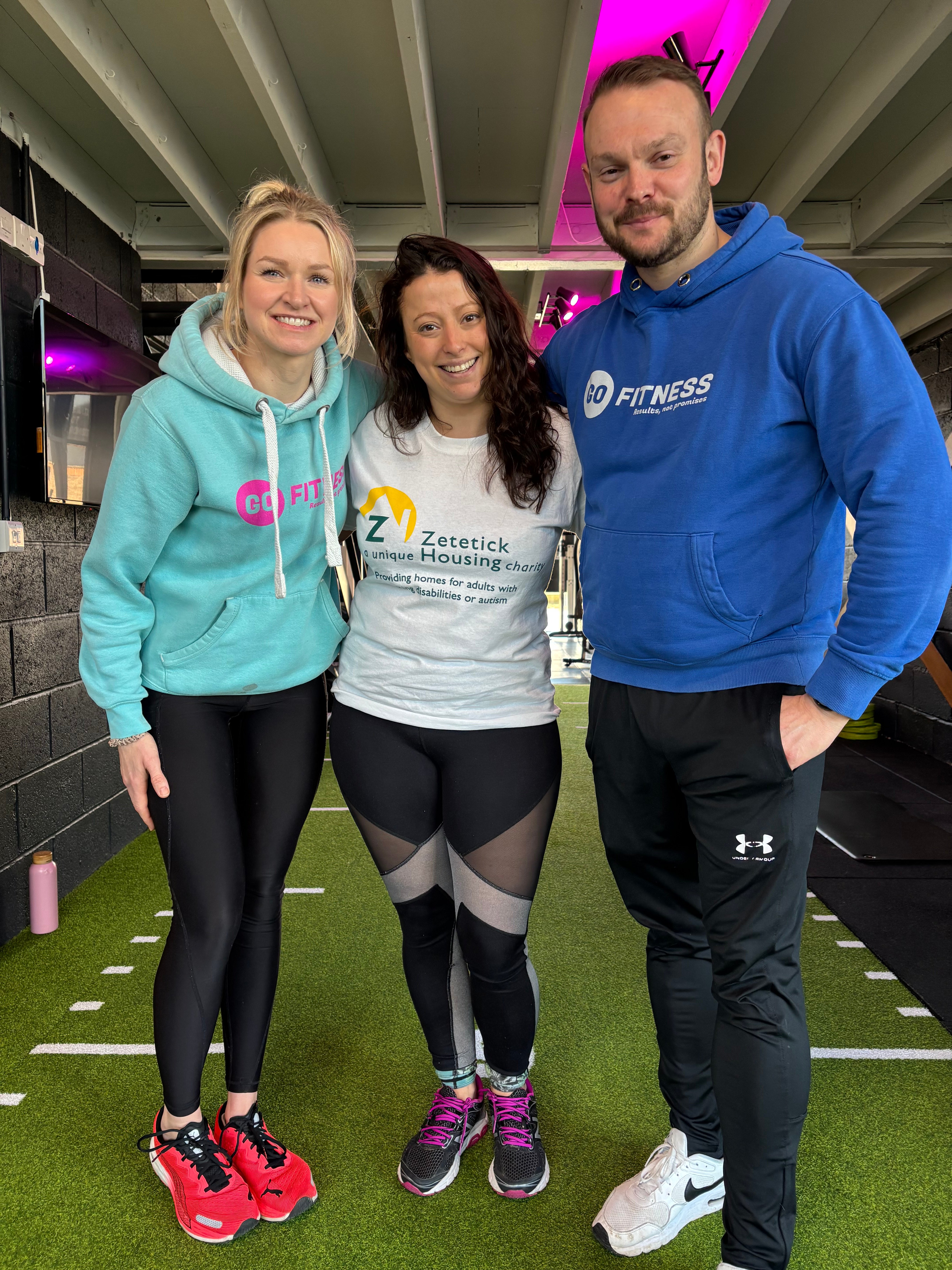Table of Contents
VEE-GUN-ARY? VEE-JAN-UARY? VEE-GAN-UARY!
When January rolls around, our thoughts often turn to New Year resolutions and what positive changes we can make to our lives over the next 12 months. Veganuary is an annual campaign that encourages people worldwide to try veganism throughout January and beyond.
The Vegan Society, the oldest vegan organisation in the world which promotes a plant-based lifestyle, defines veganism as a “way of living which seeks to exclude […] all forms of exploitation of, and cruelty to, animals for food, clothing or any other purpose.”
2021 was Veganuary’s biggest year yet, with more people overhauling their diet and experimenting with animal-free diets during the pandemic than ever before – with 2022 looking to be just as successful.
But what exactly are the benefits of a plant-based lifestyle and how can we realistically implement practical and sustainable changes this January and beyond?

Veganism for…HEALTH
A vegan diet contains only plants (such as vegetables, grains, nuts and fruits) and foods made from plants. Vegans do not eat foods that come from animals, including dairy products and eggs.
Research has linked a vegan diet with lower blood pressure and cholesterol, and as a result, a lower rate of heart disease. This may be explained by the fact that a vegan diet is likely to be low in fat and rich in dietary fibre, as well as a good source of heart-friendly nutrients such as folate, vitamins C and E, potassium, magnesium and unsaturated fats. Staple foods of a vegan diet, such as nuts and wholegrains, also confer heart benefits.
Generally, vegans eat considerably more legumes, vegetables and fruit than non-vegans, and this may, in part, explain the findings that a vegan diet confers a reduced risk of total cancers.
Vegan diets are often criticised as being lacking in key nutrients. These may include vitamin B12 and omega-3 fatty acids because vegan foods are naturally low in these nutrients. However, it is feasible to obtain all the nutrients you need from a varied vegan diet. The NHS in the UK is clear that a properly balanced vegan diet is healthy for all age groups, as well as nursing mothers – read their guidance.
Well-planned vegan diets can support healthy living in people of all ages – British Dietetic Association
Of course there is a wealth of information available online, here are some more helpful websites and resources for ensuring a fully nutritious vegan diet:
- Sign up for meal plans, nutrition guides and a celebrity cookbook from the Veganuary website here.
- The Vegan Society: www.vegansociety.com/resources/nutrition-and-health
- The Vegan RD: www.theveganrd.com
- Vegan Health, evidence-based vegan nutritional advice: www.veganhealth.org
- BBC Good Food vegan diet guide: www.bbcgoodfood.com/howto/guide/vegan-diet-healthy
Also take a look at these great articles to help keep your new vegan swaps within budget:

Veganism for…PROTECTING THE ENVIRONMENT
Prominent global scientific studies in recent years have tended to argue that plant-based diets do have a positive impact on the environment.
A 2012 study by the University of Cambridge said the average person could reduce their carbon footprint by 3% by significantly reducing their red meat intake.
Meanwhile, a global study published in the journal Science, found meat and dairy provide just 18% of calories and 37% of protein, despite using 83% of farmland and producing 60% of agriculture’s greenhouse gas emissions. One of its authors, Joseph Poore of the University of Oxford, said: “A vegan diet is probably the single biggest way to reduce your impact on planet earth”.
During the recent COP26, the Veganuary organisation declared ‘Houston, We Have a Solution’ in eye-catching ads appearing on public transport and billboards across Glasgow. Veganuary’s Head of Communications, Toni Vernelli, said: “Climate change is at the forefront of everyone’s mind and one key solution is at everyone’s finger-tips – their fork.” Powerful words. You can read our take on the climate conference here.
As a charity, we have been putting in place concrete mechanisms to reduce our carbon footprint – here are some of the steps we’re taking right now to become more green.
Veganism for…ANIMAL WELFARE 
Every year in the UK, around 1 billion animals are bred and killed for food (which doesn’t even include fish). The majority of animals raised to be slaughtered for food are reared on factory farms and slaughtered at just a few months or weeks old.
On dairy farms, mother cows are usually forcibly impregnated, and calves are separated from their mothers shortly after birth so that milk meant for them can be bottled for human consumption. Again, this happens on all farms, regardless of the level of welfare, and those mother cows are sent to slaughter when they are no longer profitable.
Going vegan is one of the best things you can do to help stop animal cruelty. By refusing to pay for animal products, you reduce the demand for them, which ensures fewer animals are bred to suffer and die on farms and in slaughterhouses.
Alongside diet, it’s also important to consider fashion (clothes, shoes and accessories) and cosmetics and toiletries, since these industries rely heavily on animal by-products. There are lots of amazing vegan-friendly alternatives, check out some examples here.
Supporting our tenants to make informed choices
People with learning disabilities should be able to access healthy eating messages and encouraged to build their capacity to access mainstream health programs in their local community. According to NHS England those with learning disabilities are more likely to be obese or have a bad diet.
Those who are vegetarian or vegan who have learning disabilities often choose not to eat meat because of their love of animals and concern for their welfare. Some don’t think people with learning disabilities are aware that animals are killed for meat and do not have the information to make an informed choice about eating animal products. However to make healthier choices in diet, people with learning disabilities need supportive staff and families who can help them prepare delicious, fresh meals.
Give it a go!
The benefits of living plant-based are huge, not only for each of us as individuals, but for mitigating climate change and preventing animal suffering.
Making big changes can often feel overwhelming but there is no need to reinvent your entire eating habits and lifestyle in one go – small adjustments really add up, helping you to enjoy the benefits of veganism all year round!
#veganuary #vegan #veganism #plantbased #veganuary2022 #animalwelfare #climatechange #animalwelfare #veganswaps
EP






 Boost Your Estate Agency: Join Hike4Homes 2025-Show You Care
Boost Your Estate Agency: Join Hike4Homes 2025-Show You Care Giving: experience the joy of giving for free
Giving: experience the joy of giving for free Charity Donations | 3 reasons for bountiful giving
Charity Donations | 3 reasons for bountiful giving Life partners - Rosie's story
Life partners - Rosie's story Meet Zetetick trustees - An interview with Natasha
Meet Zetetick trustees - An interview with Natasha